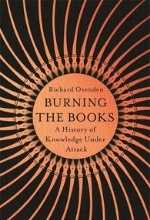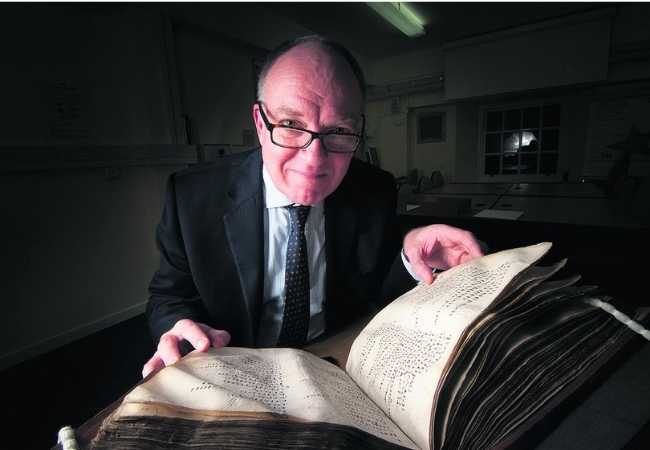Posts com a Tag ‘Brandeis University Press (E)’
Blood and Boundaries: The Limits of Religious and Racial Exclusion in Early Modern Latin America | Stuart Schwartz
Stuart Schwartz é certamente um dos mais importantes autores da historiografia atual sobre o mundo ibérico na primeira modernidade. Para simplificar, podemos definir este campo como o dos estudos sobre Portugal e Espanha, além de seus domínios e espaços de interesse entre os séculos XV e o XIX. Schwartz tem pesquisado sobre as dimensões da vida econômica, social, política e cultural, com atenção para a formação econômica, as instituições do poder e da justiça, a luta social, formas de resistência e negociação, assim como aspectos da cultura política, intelectual e religiosa dos povos imersos e submersos nesse espaço dos impérios português e espanhol. Seus livros, artigos e textos compõem uma obra vasta e plural, mas coesa; uma obra comprometida com o estudo crítico da sociedade e de expressões da resistência popular. Leia Mais
Burning the Books / Richard Ovenden, The lost library / Dan Rabinowitz
Richard Ovenden – Foto: Library of Congress /

Burning the Books, which has justly garnered considerable critical and popular attention, eloquently and powerfully describes numerous attacks upon knowledge across four millennia, from the destruction of Ashurbanipal’s cuneiform library in 621 BCE to the ‘Windrush’ scandal of 2010 when Home Office officials were revealed to have destroyed records that would have proved migrants’ entitlement to British citizenship. While Burning the Books may not break new ground in the scholarship on libraries and book history—it largely draws upon existing literature—it is meticulously researched and referenced, compellingly argued, and likely to prove a landmark in the history of libraries and the preservation of knowledge.


